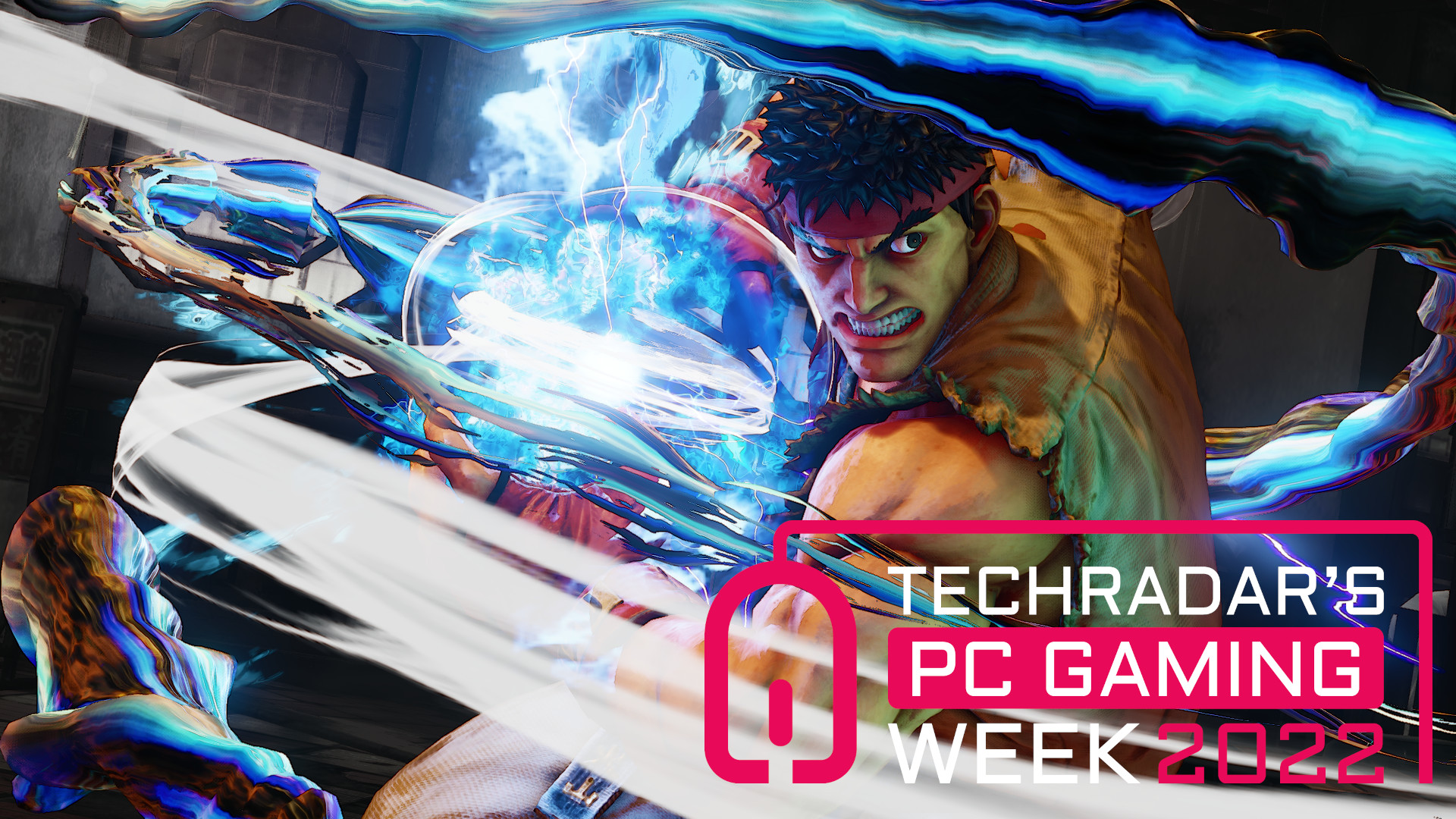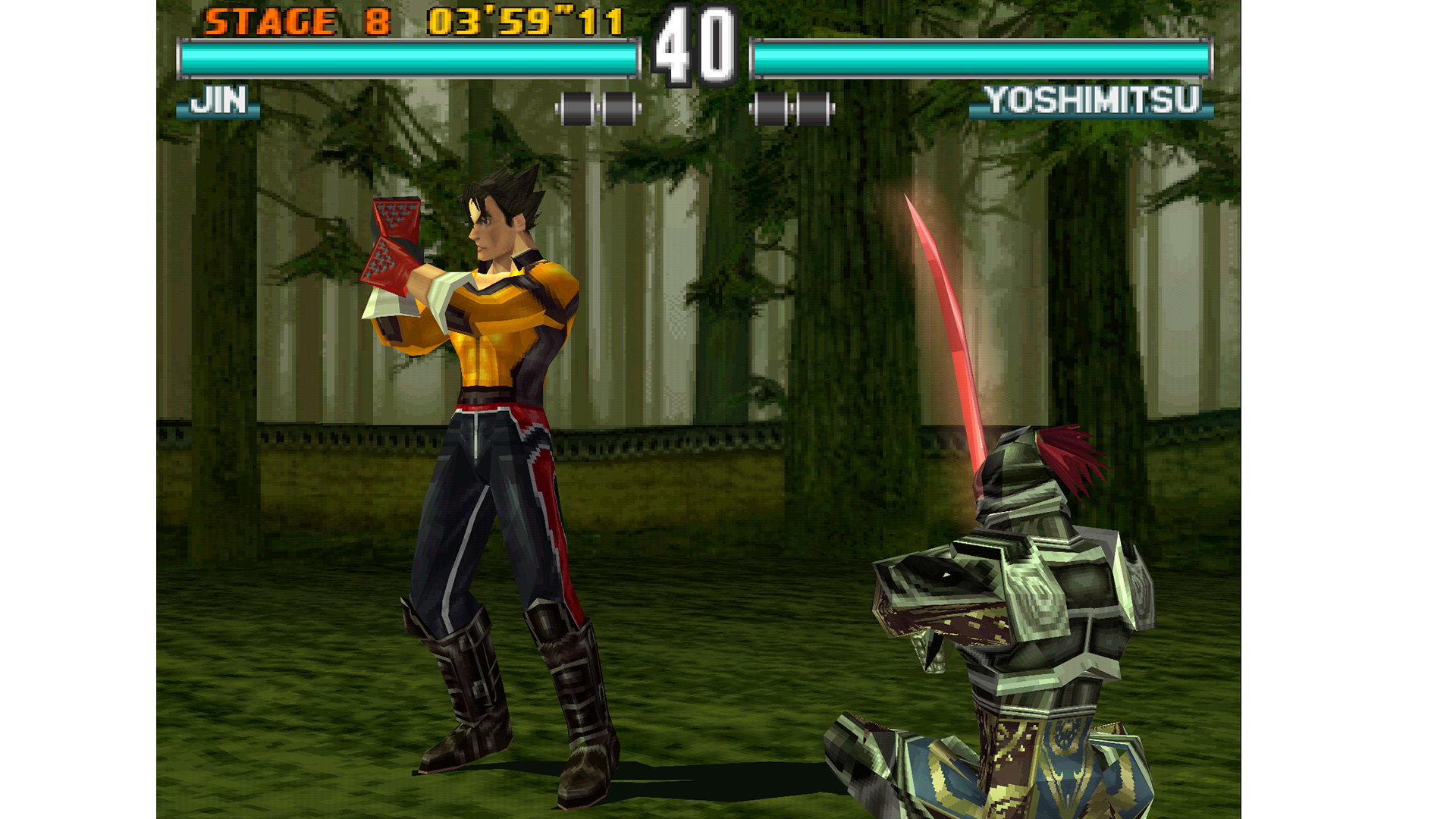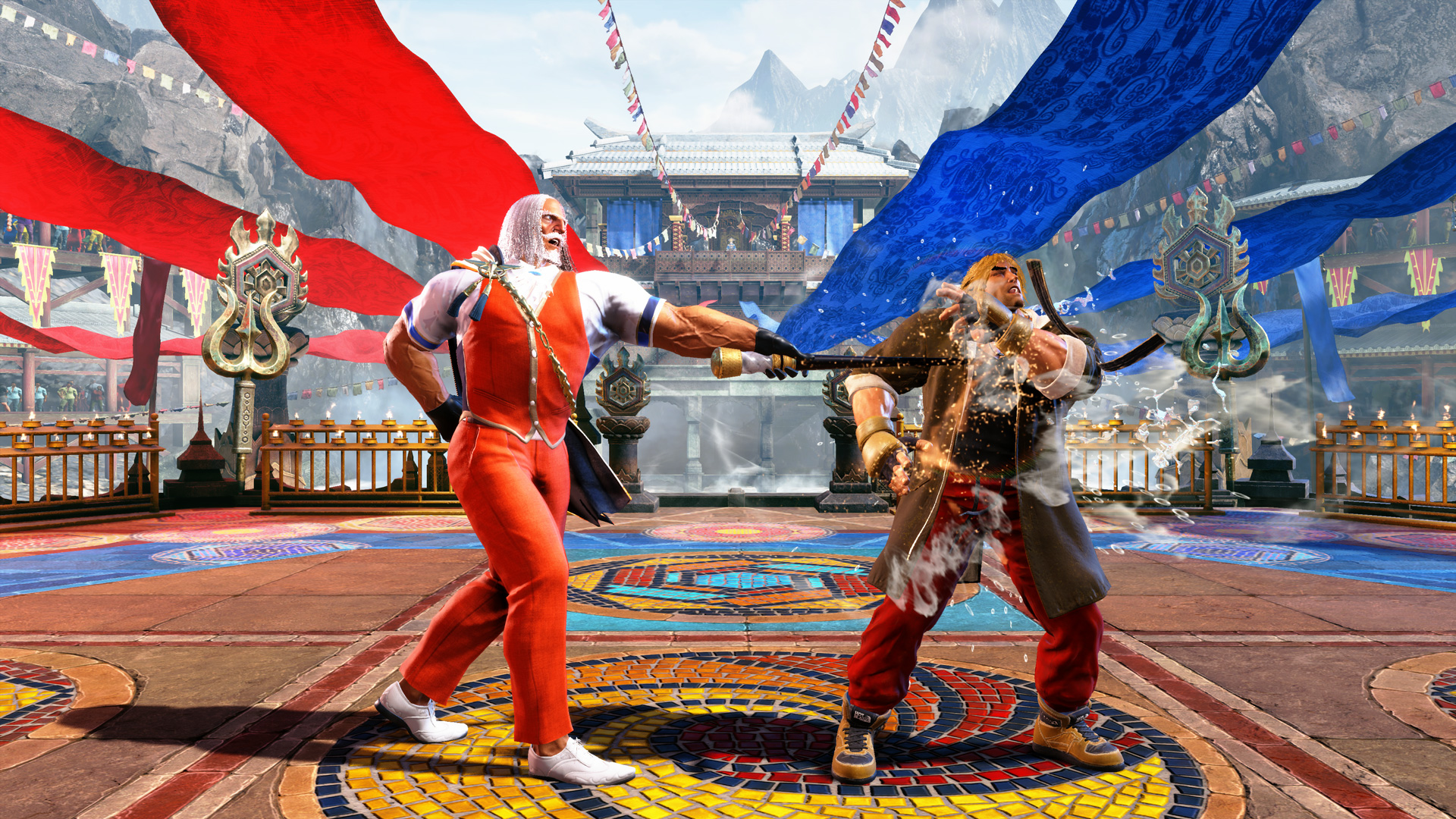How PC became the unlikely home of fighting games
Mortal Komputing

When someone says “fighting games,” what do you think of? Arcades? Franchises like Street Fighter, Mortal Kombat, or Tekken? Maybe a fightstick or specialized controllers like the Hitbox? Big tournaments like EVO? All of those would make sense. But what you might not associate fighting games with is the PC.
For a long time, that would have made sense. Fighting games were something you played on consoles. Often, big series such as Tekken and Street Fighter didn’t even release on PC. If they did, they were usually hamstrung by things like mandatory Games for Windows Live integration. And, of course, you’d probably want a controller to play one, not a keyboard. The PC had a lot stacked against it when it came to fighting games.
All of that has changed in the last few years, and now the PC might be where the genre has found its most stable home. Part of it makes sense. PC games look and run better than console games do, provided you have the right hardware. Modern fighters also tend to have noticeably less input lag – the difference between when you press a button and when you see the resulting action on-screen – on PC than they do on consoles.
The difference might seem small; it’s generally only a few extra frames, but that can be the difference between reacting to a fast overhead and getting hit by one. That’s the kind of stuff that can determine the outcome of a match. Even major developers like Tekken mastermind Katsuhiro Harada have openly stated his preference for PC as a platform.
The perfect platform

It’s not just the performance boost; the other major benefit PC has is that it allows players to use their preferred input method without too much hassle, whether it’s a fightstick, keyboard, Hitbox, traditional gamepad, or something custom. Even if your game doesn’t support your preferred controller out of the box, odds are you can use it if you’re willing to put in a little work. The same is not true of consoles; you’re stuck with whatever controllers your platform supports unless you’re willing to buy a converter.
And then, of course, there are mods. Want your favorite character to wear some custom clothing, get a new set of colors, or maybe replace them with John Cena? There’s a mod for that. Wanna change the game’s music, UI, battle intros, or character voices? There’s a mod for that, too. Or maybe you’d just like to make your game connect to its online servers faster. Whatever you’re looking for, odds are, you can find it. And if you can’t, you might just be able to make it yourself.
PC makes streaming and video editing easier for these games, too. You don’t have to pull your footage off of a console or download it from the cloud or go through an app to use Twitch. All you need is a copy of OBS and a working internet connection. Want to save a specific replay or clip a hype moment? There’s no easier place to do it than a PC. It’s no wonder that many of the biggest names in the FGC stream their matches and create their content – often showing off their favorite mods – on PC.
Sign up for breaking news, reviews, opinion, top tech deals, and more.
Carrying the fighting game torch

The advantages are obvious. But what the platform has really allowed the FGC to do is keep beloved games alive. A PC version of a fighting game is essentially a guarantee that the game in question will be able to maintain a community long after the console versions that were released alongside it are abandoned. Take Guilty Gear XX Accent Core Plus R as an example. The 5th and final revision of 2002’s Guilty Gear XX, Accent Core Plus R is essentially an updated PS2 game.
Developer Arc Systems Works revised and released it on several systems, including the PS3, Xbox 360, and eventually, the Switch. But the version just about everyone plays is on PC. The Xbox 360 and PS3 are legacy platforms, and the Switch isn’t exactly known for its stellar online play. The 2015 PC release allowed a small but dedicated community to keep the game alive while growing its player base.
Eventually, Plus R was updated with rollback netcode, the gold standard for playing fighters online, and the player base has only grown since. Arc Sys took note of that success and has since updated several of its older titles with online play.
Recently, the company announced that both Guilty Gear Xrd Rev 2 and Dragon Ball FighterZ would also be receiving rollback updates, but there is a catch. The console versions of Guilty Gear Xrd Rev 2 won’t be getting these updates because Revelator was released on both PS3 and PS4, while Dragon Ball FighterZ will be receiving the updates through new versions for both Xbox Series consoles and PlayStation 5. If you already own the games on PC, however, these updates are free. Player numbers on Steam have, unsurprisingly, skyrocketed since the announcement.
And it’s not just Arc Systems Works supporting the platform. Capcom put cross-play options in Street Fighter V so PC and console players could play together. Tekken 7, the first game in the series to release on PC, had a PC version that was so well-received that 2021’s EVO Online tournament for the game was actually run on PC. EVO is owned by Sony, and every other game that year ran their tournaments on PlayStation.
The future of fighting (with friends!)

The PC can help provide keep games alive even if the developers don’t provide official releases. Emulators like Fightcade provide a platform for playing games that don’t currently have official rollback releases on modern consoles, such as Street Fighter III: 3rd Strike, with some of the best netcode in the business.
These projects also help developers determine which games are deserving of re-releases like the recent Capcom Fighting Collection and ensure that they’re popular enough to have a place in offline events and be fertile ground for content creators. We’re also starting to see online tournaments prioritize the PC versions of specific games, something that would have been unthinkable just a few years ago, and encourage developers to implement cross-platform play. For some games, like Guilty Gear Strive, the PC version is so popular that most of the matches are played on PC, not consoles.
This newfound popularity won’t change everything. Offline tournaments will probably always be run on consoles because it’s cheaper, and the console versions of fighting games will always be important because of that. But the PC has expanded the market; now, anyone can play fighting games, provided they have a computer with the right hardware or download something like Guilty Gear Strive’s infamous Potato Mod.
Players can mod and tweak games to their heart's content, stream, and record content more easily, and use whatever controller they want. But most importantly, these games, and the communities that form within them, can stay relevant longer, even if they stop getting balance patches or a sequel or two comes out. Fighting games got their start in arcades, but they live on our computers now. And that’s good for everyone, whether you play them there or not.